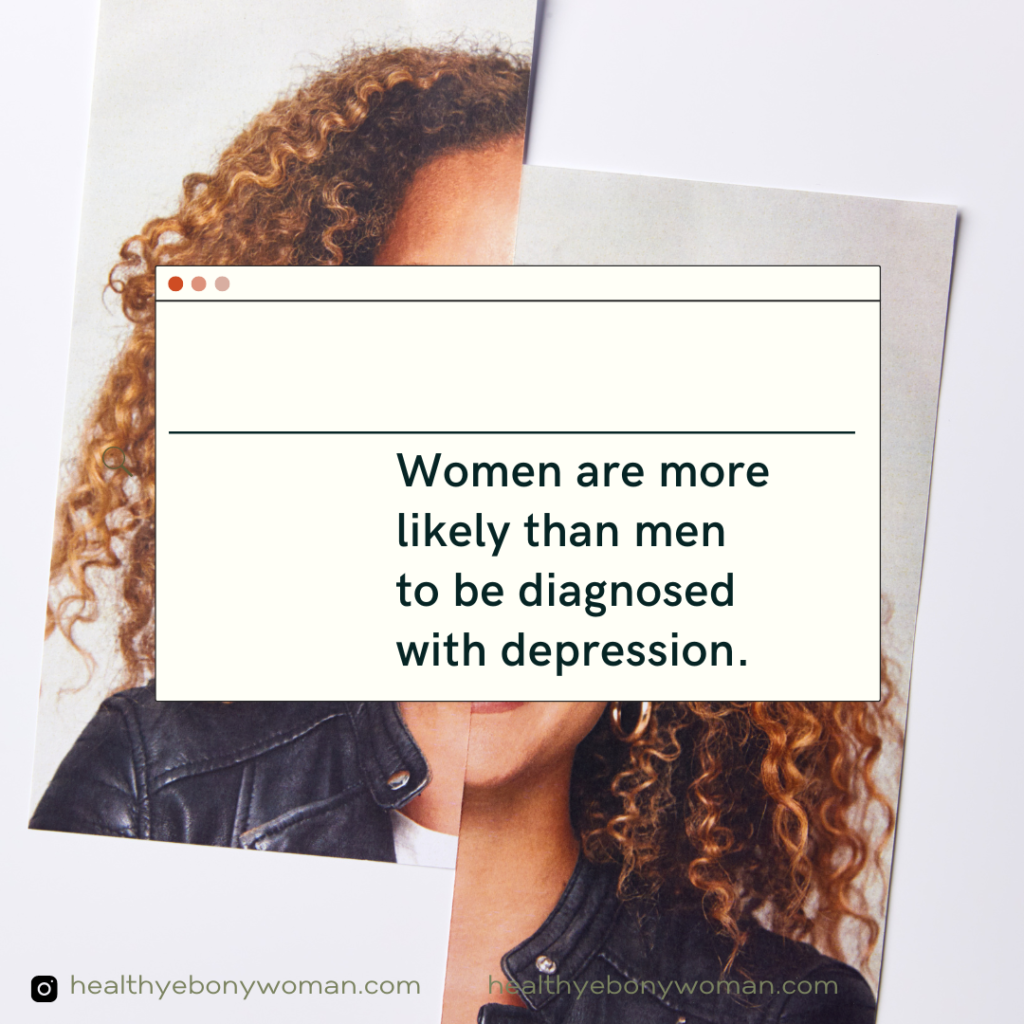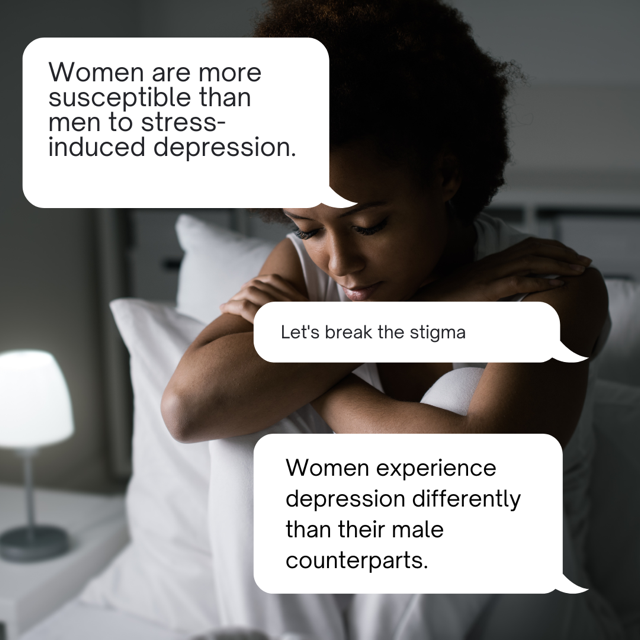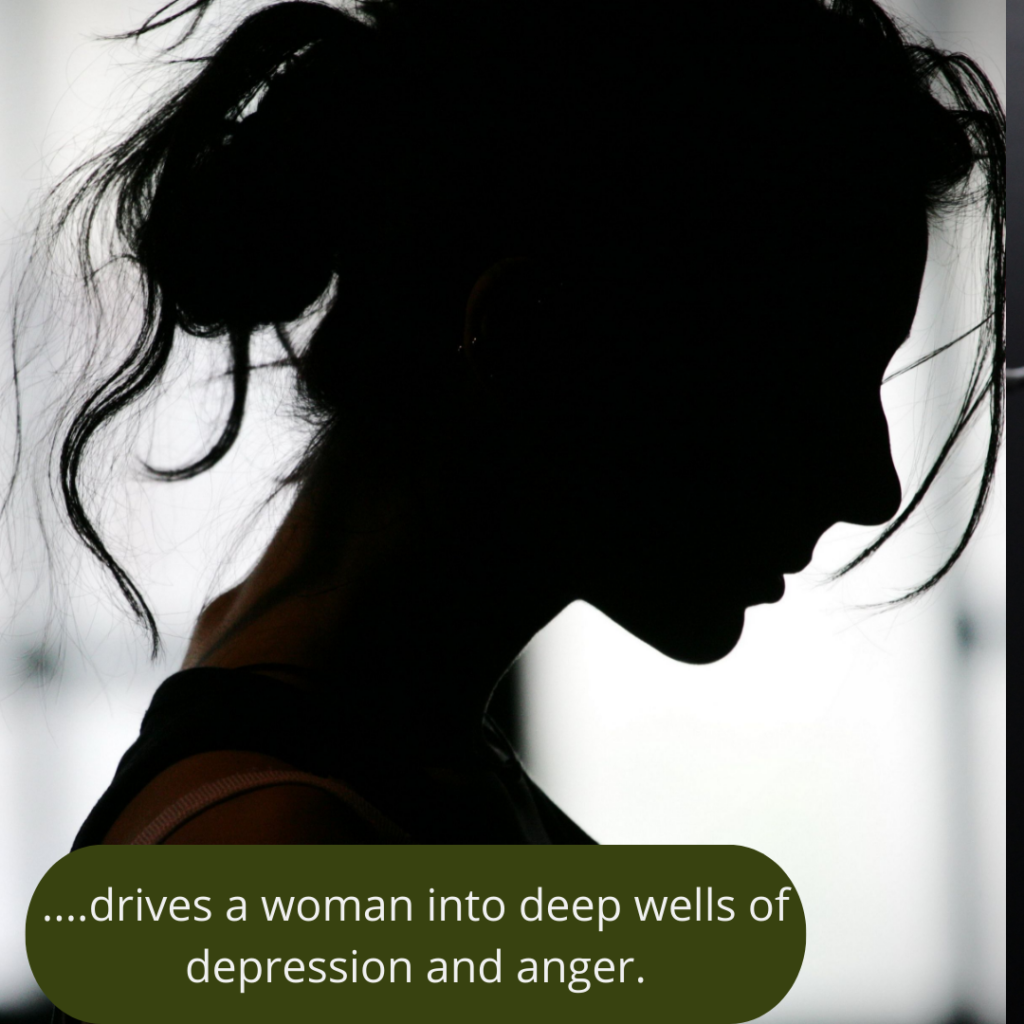I’m super excited to bring you a new blog series where we can have a heart-to-heart talk on depression and women’s mental health! This is a topic close to my heart.
If you could see me, you would see a wide-eyed beautiful, excited woman who is full of awe and wonder. This was me, the first few days with our first child. Despite being tired, I would stay awake looking at this miracle and the whole human being that came out of me. A few days later, the exhaustion kicked in, with fear and feelings of inadequacy. The tears came unheeded and the excitement nearly vanished into thin air! Can any mum relate to this? I was experiencing “The baby blues”.
On the other end of the continuum are women with full-blown depression after the delivery of their babies. They would describe the feeling as a huge loss of interest in their world, less motivated to do their usual fun activities, somewhat indifferent towards their babies and deep feelings of hopelessness… This paints a picture of post-partum depression.
- Women are more likely than men to be diagnosed with depression, however the rate of suicide is higher in middle-aged men.
- Women experience depression differently than their male counterparts.
- Women are more susceptible than men to have stress-induced depression.

There are a few things that drive up these statistics:
- Hormonal fluctuations as seen in Premenstrual Syndrome
- Menstrual cycle
- Pregnancies and post-delivery
- Infertility and miscarriages
- Menopausal mood changes.
- Oral contraceptives and hormone replacement treatment.
In this blog post, there is one well-researched factor I would like to look at more closely, role-related stress. Have you ever pondered on how being a mum or a female child, in some circumstances, could trigger depression? How about the impact of unrealistic spousal and parental expectations on women? Or being a career woman trying to break the glass ceiling? Other role-related stressors are victimisation, poor coping style and poor social status.

There are quite a few mothers, including myself, who feel the regular burden of raising our children. We certainly love them, however, the stark reality is, we are caught in the web of finding our footings, juggling motherhood and career while working hard to be the best for them.
Even now, some women in our society are not perceived important enough to be heard, good enough for some job roles or deserving a basic education! This unrelenting struggle to be who and what we desire to be can have its toll on our mental health.
How about the fact that black women are twice likely to experience infertility than their white counterparts, although contrary to what we were led to believe. The perspective that a woman, who does not have children, is less than who she is; not fully integrated into her community with the additional burden of being seen as cursed, is way too much for anyone to experience. This can drive such a woman into deep wells of depression and anger on many levels.

Do you sometimes feel sad or low? It is a normal response to difficult times. Sadness goes away after a while, depression, on the other hand, lingers. Depression is a mood disorder that severely affects how you feel and think. It could affect your sleep, diet, or work-life balance. Depression has such a profound effect on an individual’s coping mechanisms.
For us to get the appropriate help for our mental health, it is essential to understand why we feel depressed. Send me a confidential email if you are struggling with any of the above, or you feel alone?
Do not hesitate to contact your healthcare professional if any of the above applies to you.
Stay tuned for the incredible story of a woman who lived through depression.
Have my blog posts deliver directly to your email here
Much love always
Yemisi x


